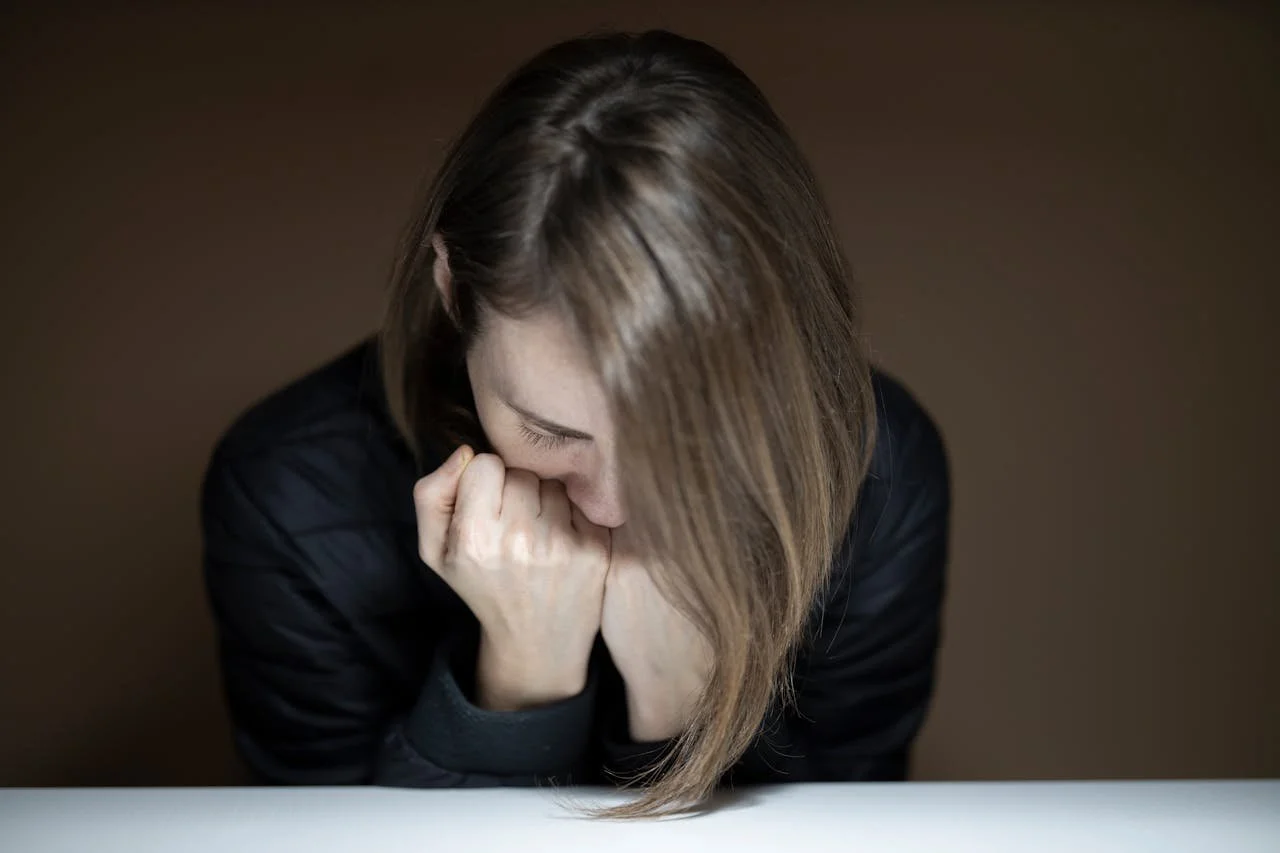Women’s Hormones and Anxiety
Women are more likely to experience anxiety compared to men. But why exactly does this happen? Biological, psychological, and societal factors can play a role in the development of anxiety in women. One of the main biological factors is how hormonal changes can affect a woman’s body, sometimes leading to increased levels of anxiety.
Women all over the world have to deal with menstruation, pregnancy, giving birth, the postpartum period, and menopause. All of these events come with hormonal changes that can cause changes internally and externally. They come with things like mood changes, emotional dysregulation, and changes in brain functioning.
Let’s learn more about the hormones that have an impact on the health of women. We’ll look at how these hormones can potentially contribute to anxiety.
Estrogen
Estrogen belongs to a group of sex hormones responsible for the development of the female reproductive system. It helps regulate a woman’s menstrual cycle, stimulates uterine growth, and supports pregnancy.
Estrogen also helps promote the development of secondary sex characteristics like breasts, underarm hair, pubic hair, and other physical changes that come along with puberty. When estrogen levels drop, the serotonin levels in the body can also decline, which can lead to mood swings and anxiety.
Progesterone
Progesterone is a sex hormone that plays a role in a woman’s breast development, menstrual cycle, and pregnancy. Estrogen and progesterone work together to prepare the uterine lining for the implantation of a fertilized egg, as well as maintain that lining during pregnancy. This important hormone also helps prepare the breasts for breastfeeding.
The level of progesterone in a woman’s body changes during menstruation and pregnancy. These changes can trigger things like anxiety, irritability, and restlessness.
Pregnancy
Pregnancy can be a lot on a woman’s body. Hormonal changes can bring on feelings of anxiety on top of the anxiety that a woman may experience from welcoming a new baby into the world. The fluctuation in hormone levels can lead to emotional dysregulation during pregnancy and through the postpartum period.
The changes that occur in a woman’s body during and after pregnancy can play a role and contribute to the development of postpartum anxiety or depression. Both of these conditions are serious mental health conditions that require the attention and care of a physician or a licensed and trained mental health professional.
Menopause
Menopause is the time when a woman’s menstrual cycle stops permanently. This also signifies a decline in estrogen levels and the end of a woman’s reproductive years. The decrease in hormonal levels comes with symptoms like sleeping problems, mood swings, hot flashes, and, you guessed it, an increase in anxiety.
Other Factors
The biological factors aren’t all that can contribute to added anxiety in women. Psychological and societal pressures can also impact women, causing changes in their hormone levels and increasing anxiety.
Due to cultural expectations, women are often the ones who fall into the caregiver role. They’ll take on the added roles and responsibilities of caring for their child, even if they have another full-time job in their career. This can lead to workplace discrimination, as well as added stress and anxiety.
What You Can Do
Women’s hormones throughout the various stages of their lives can influence anxiety. Even though hormones are not the sole cause of anxiety, fluctuations can hurt one’s mental health. Having a better awareness and understanding of these influential factors, along with proper anxiety treatment like working with a mental health professional, can help women manage their anxiety and live a more balanced and healthier life.
Hormonal changes are part of being a woman. While you may not be able to prevent the bodily changes from happening, you can work to make sure your anxiety is better managed and controlled. Reach out today to learn more about anxiety therapy and working with a mental health professional.
Address
The Counseling Hub, LLC
2804 Forum Blvd., Ste 4
Columbia, MO 65203
Contact Information
p | (573)586-3204
f | (573) 313-3528
e | contact@thecounselinghub.com
Hours
Admin/Ops Team | Monday - Friday: 10a - 3p
*Clinical hours are by appointment only, Sunday - Friday
We have both clinical hours, or the times when our clinical team sees clients, and admin hours, or the times when our admin team is available via call or email.

